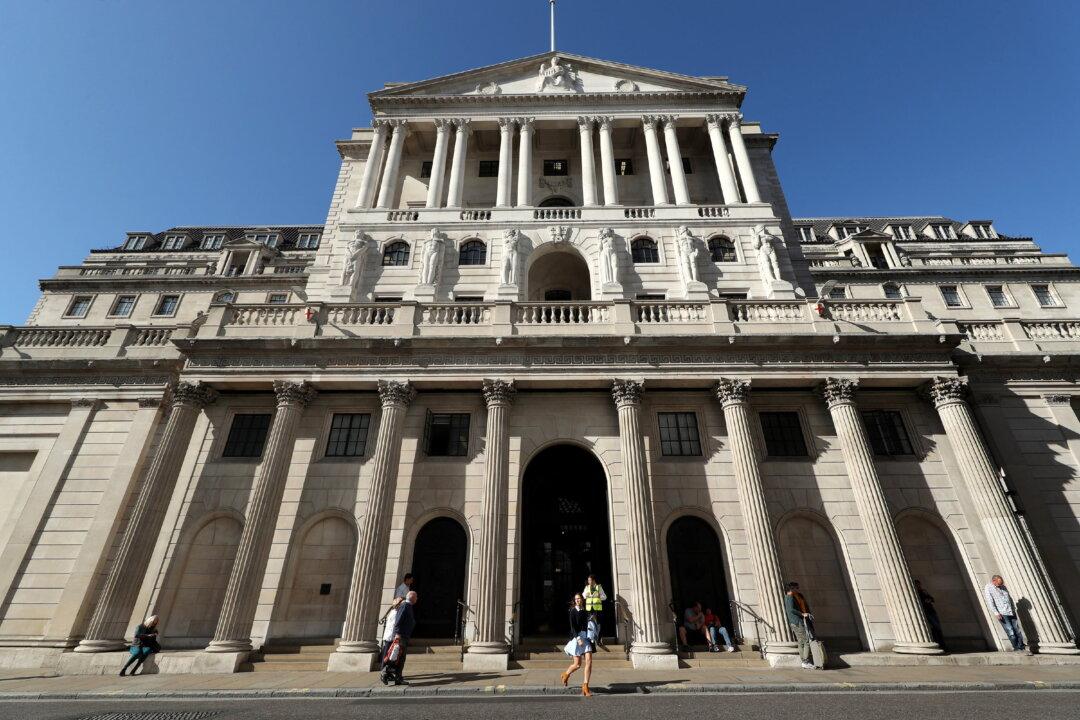The Bank of England (BoE) will double the amount of government bonds it can buy daily before the buy-back programme ends on Friday, the central bank said on Monday.
Between Monday and Friday, the bank will offer to buy up to £10 billion ($11 billion) of gilts per day, up from the previous limit of £5 billion ($5.5 billion) per day.





